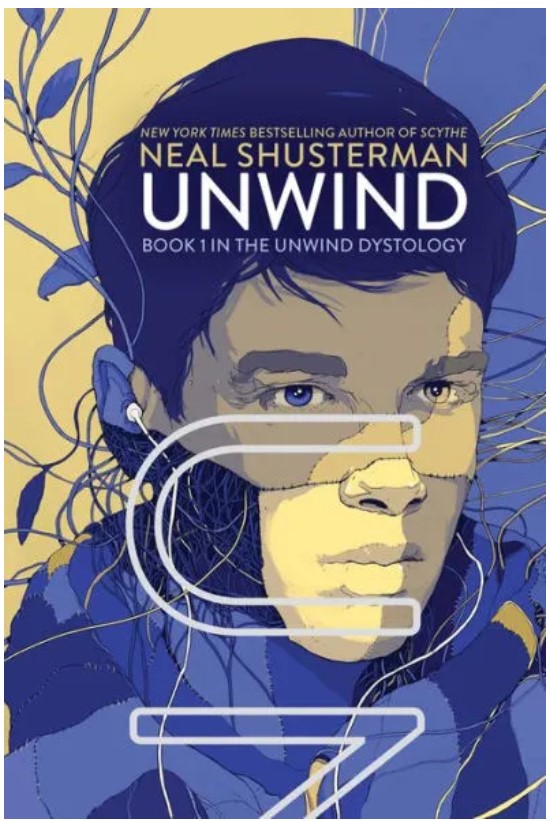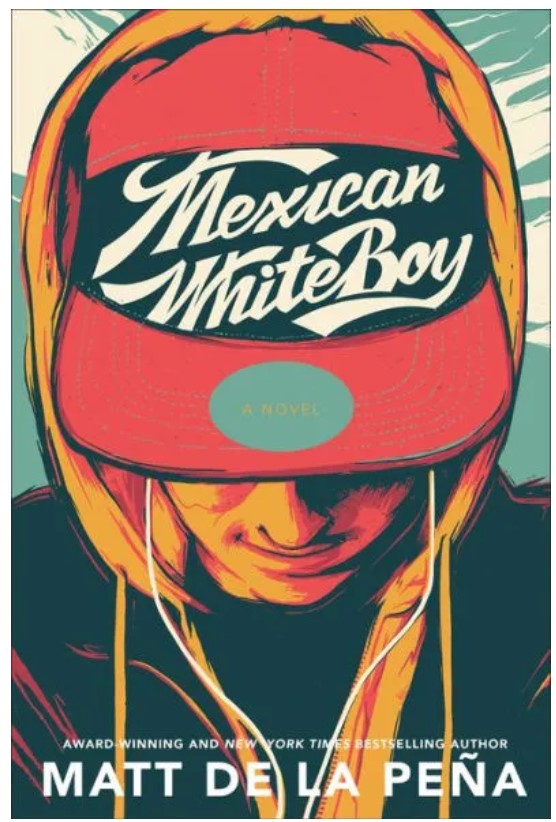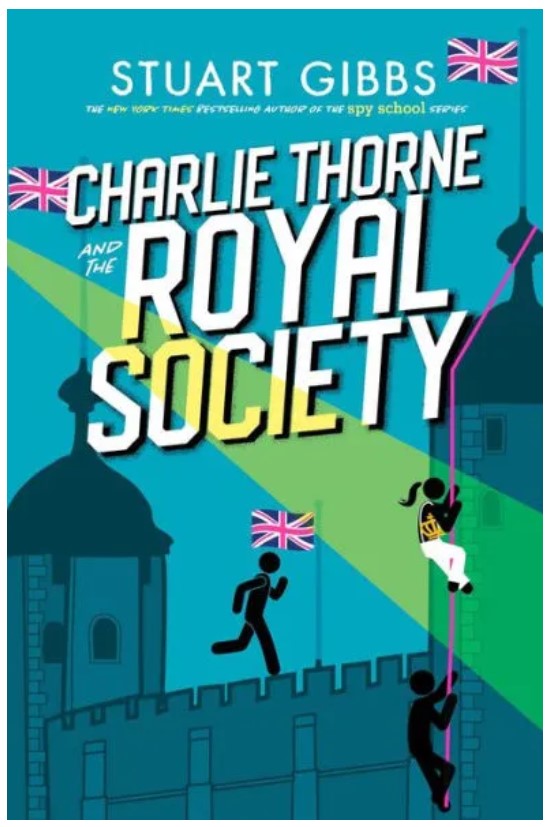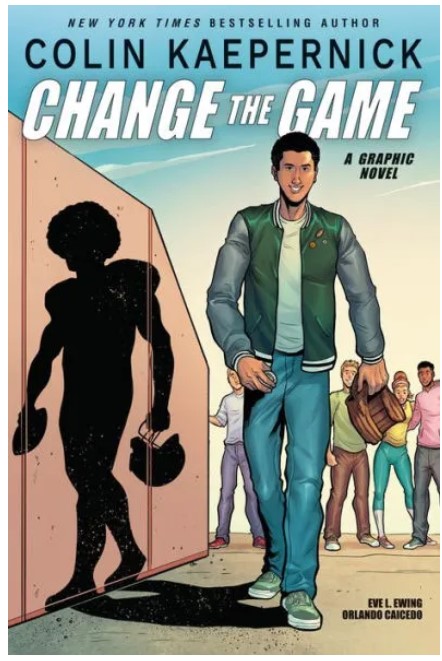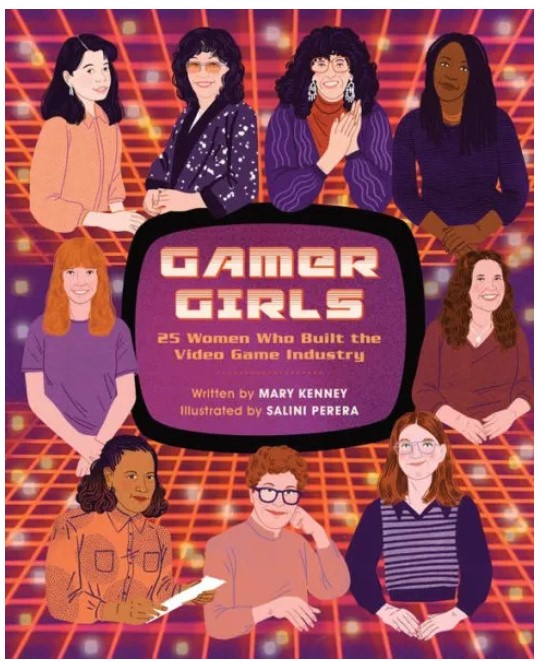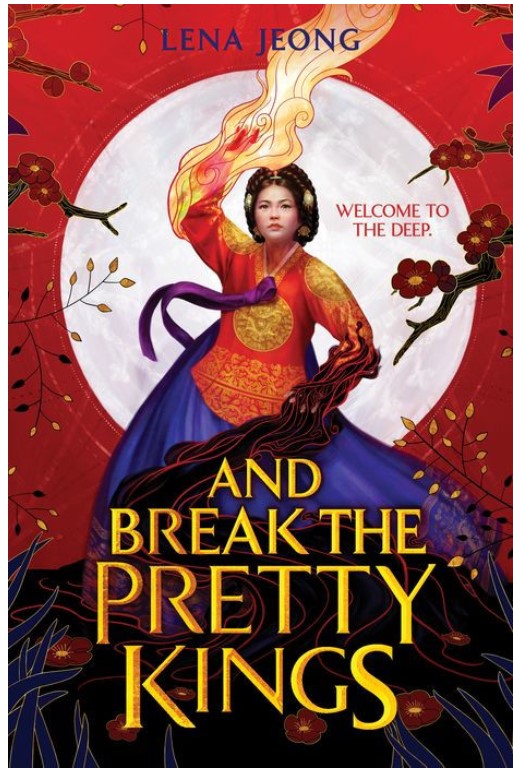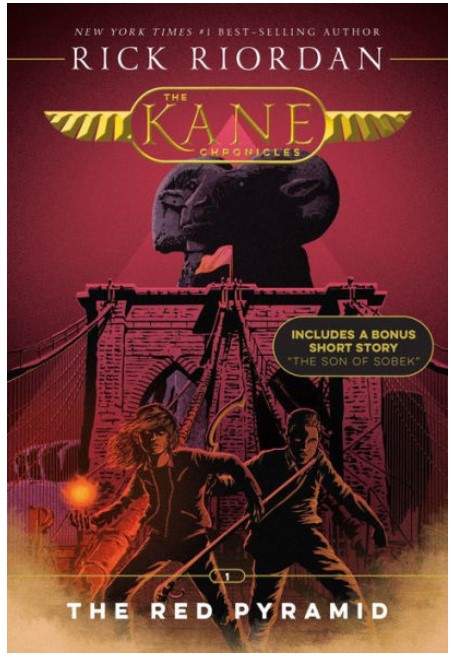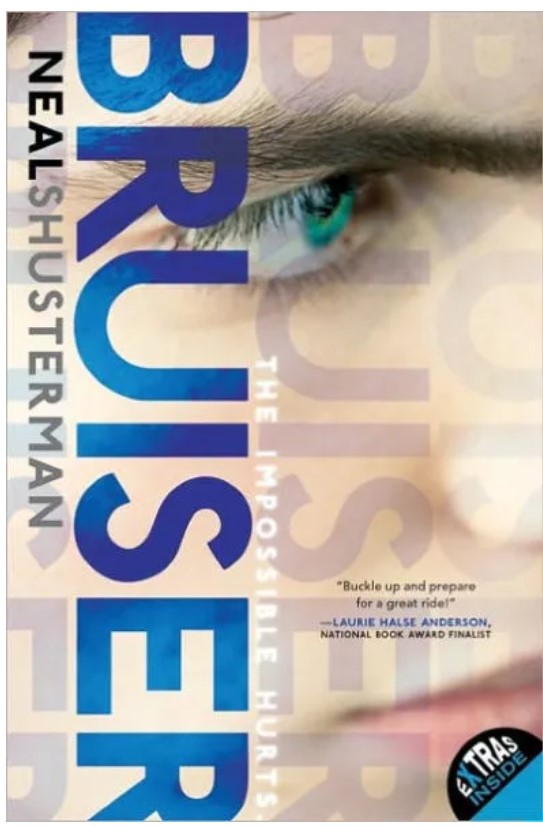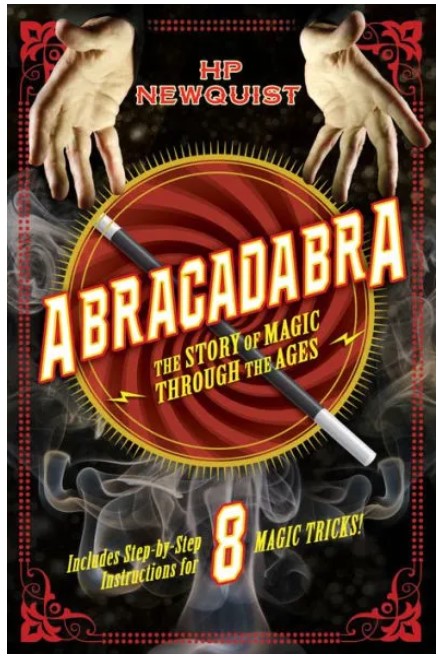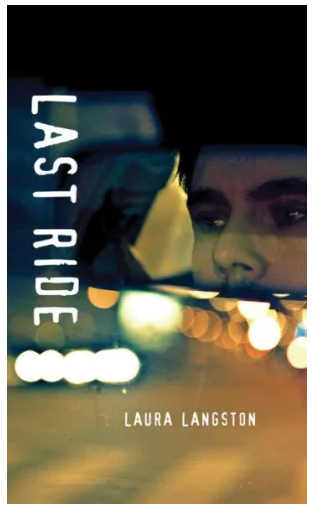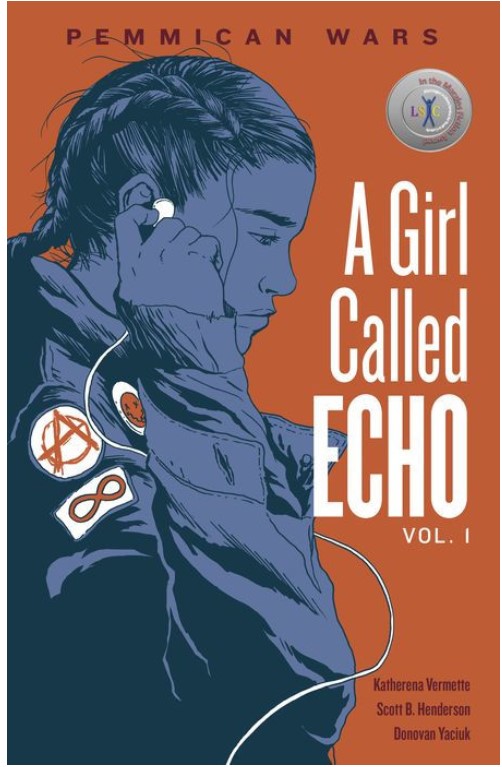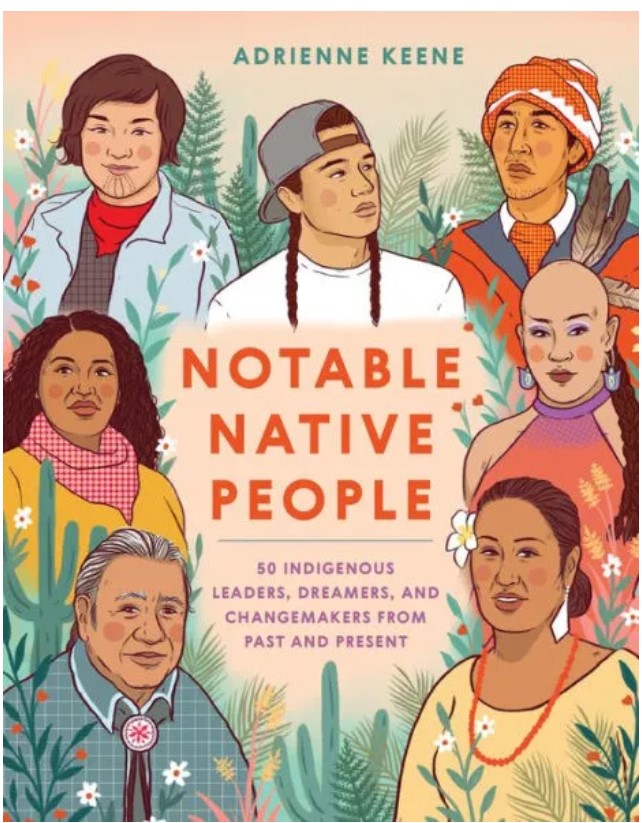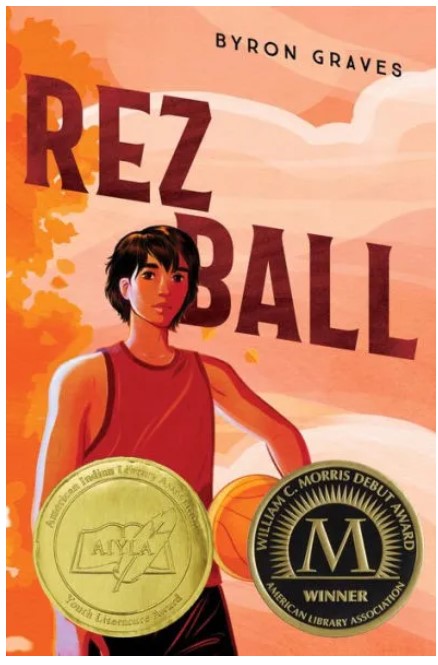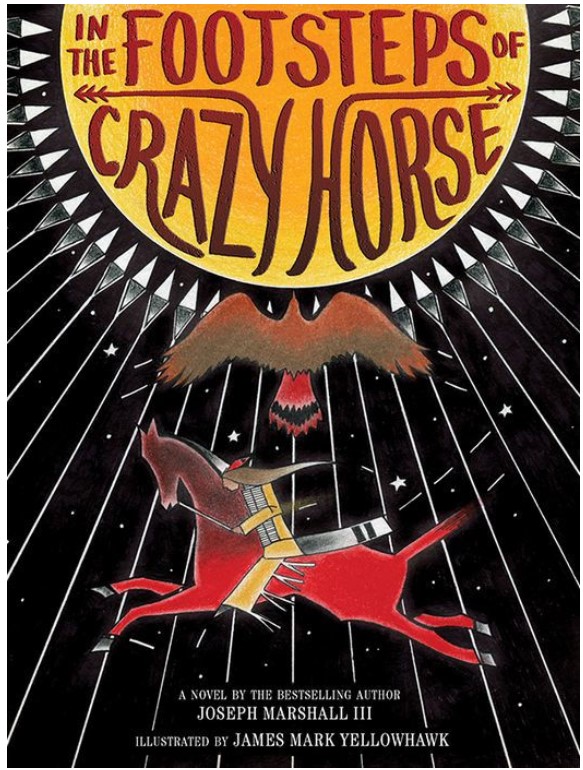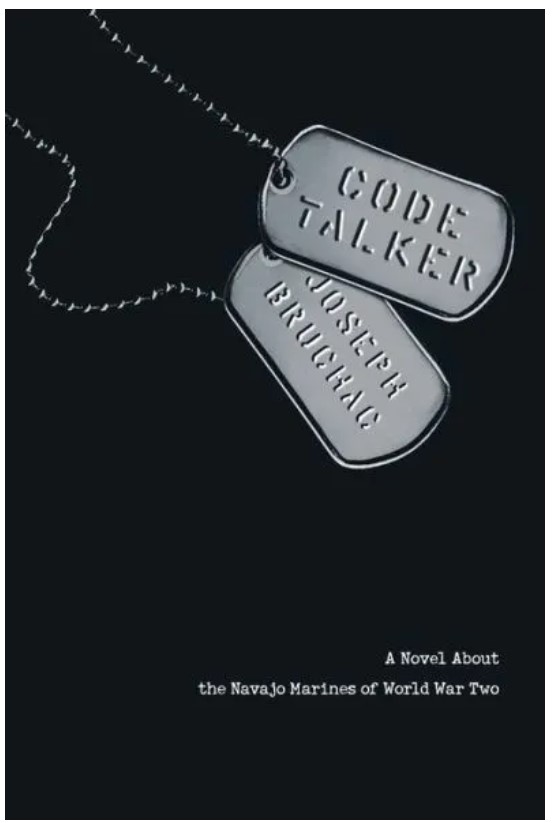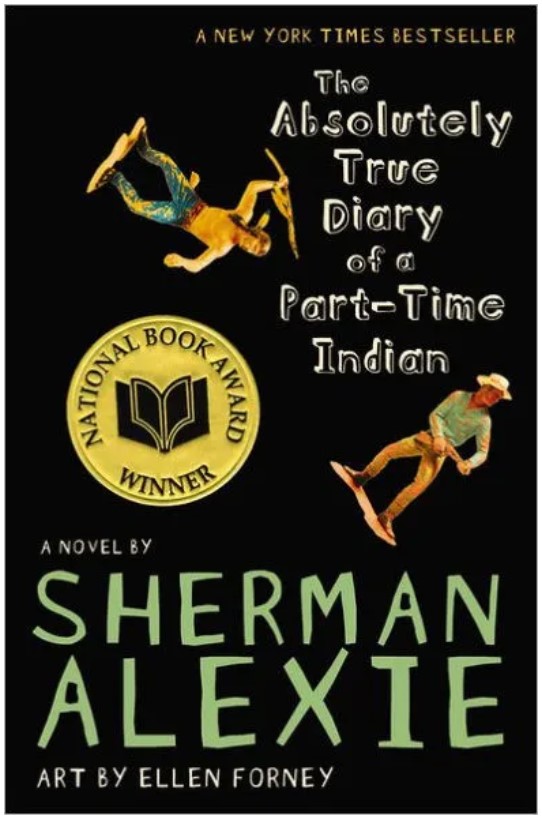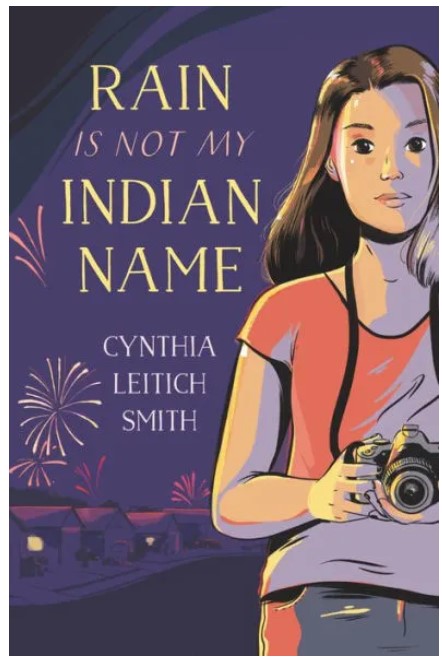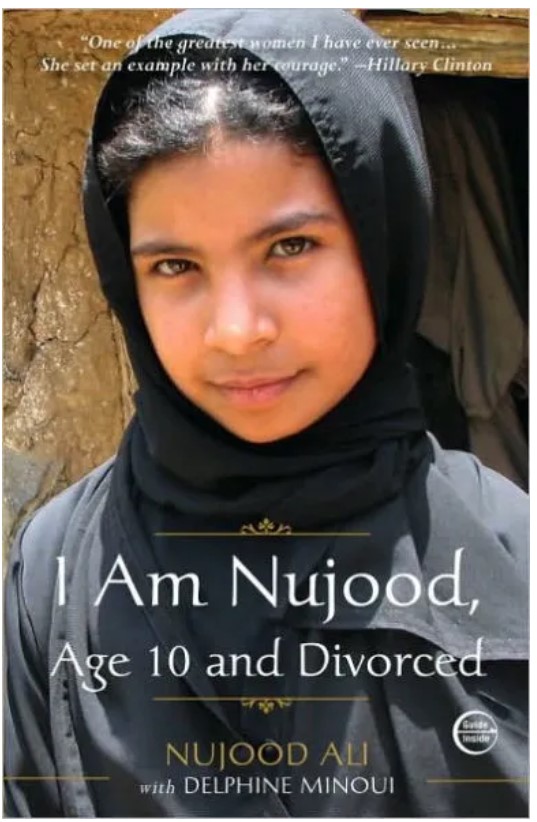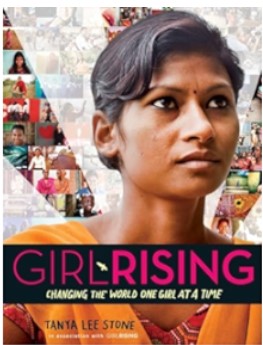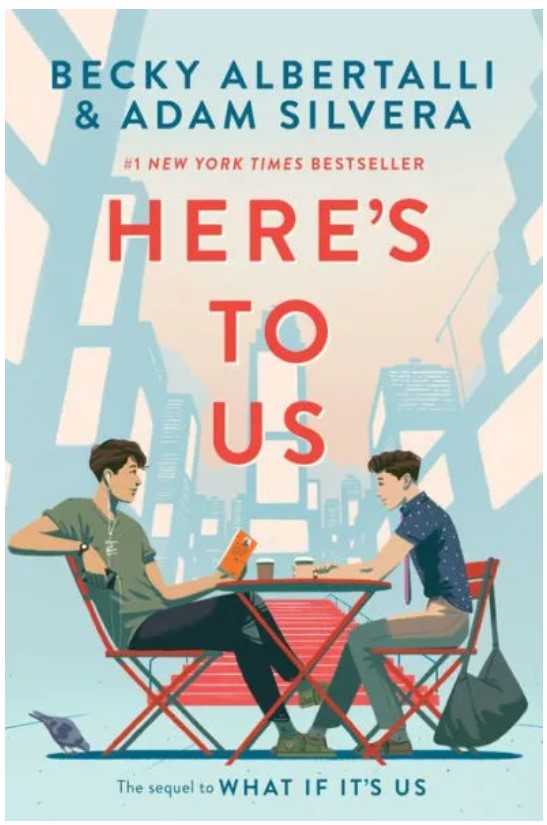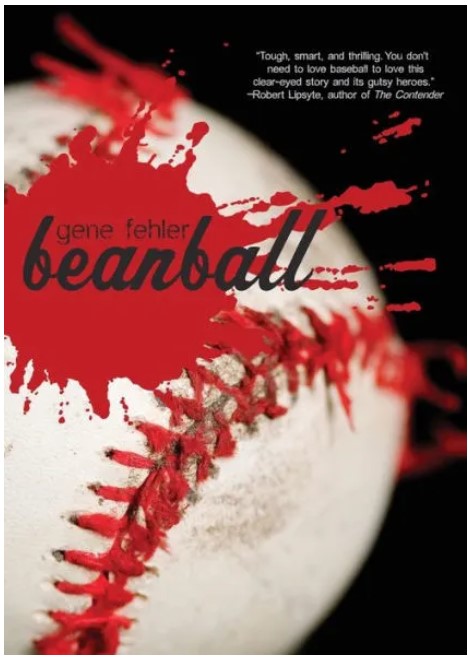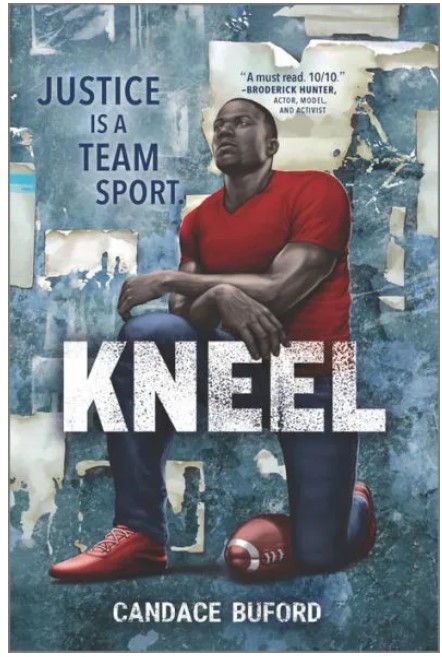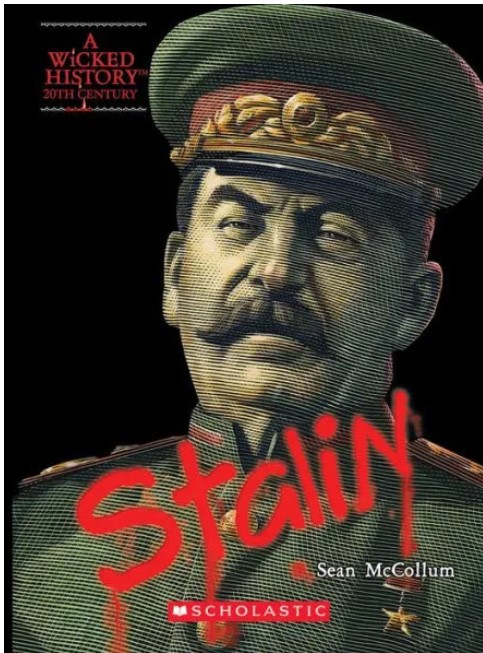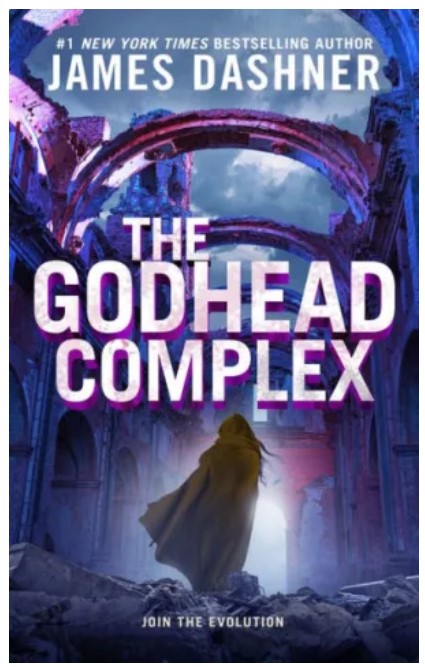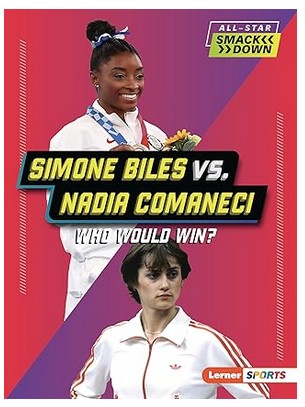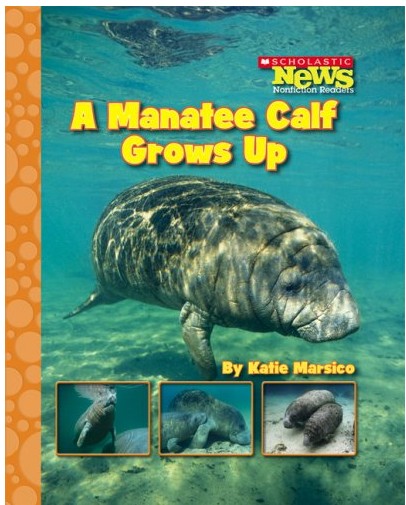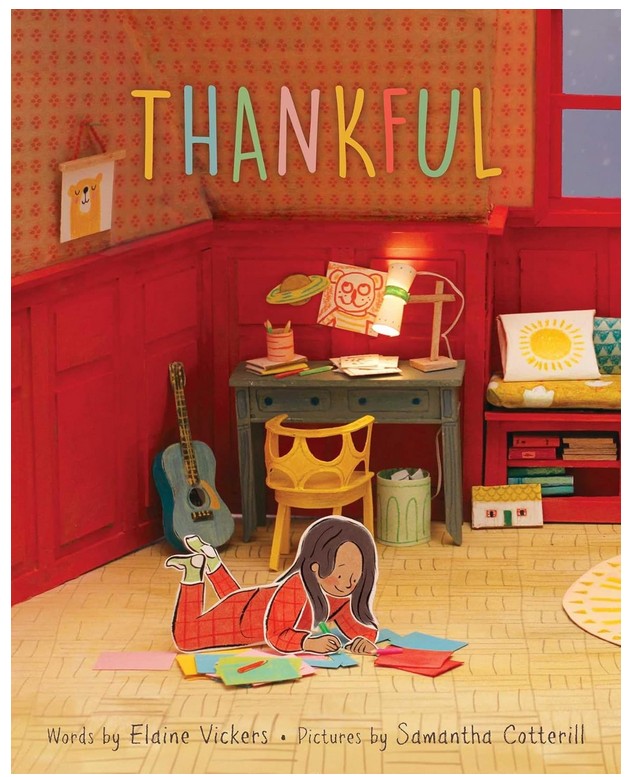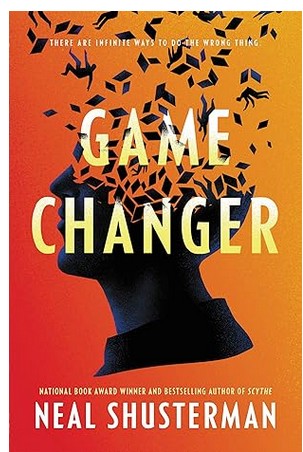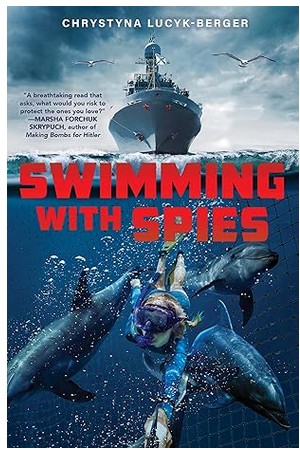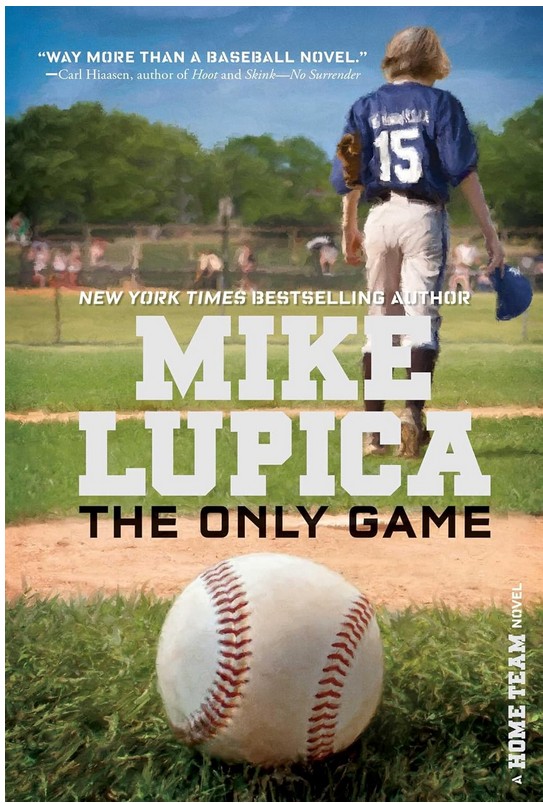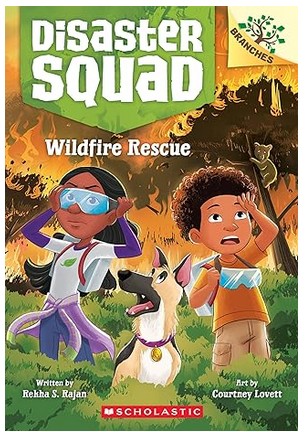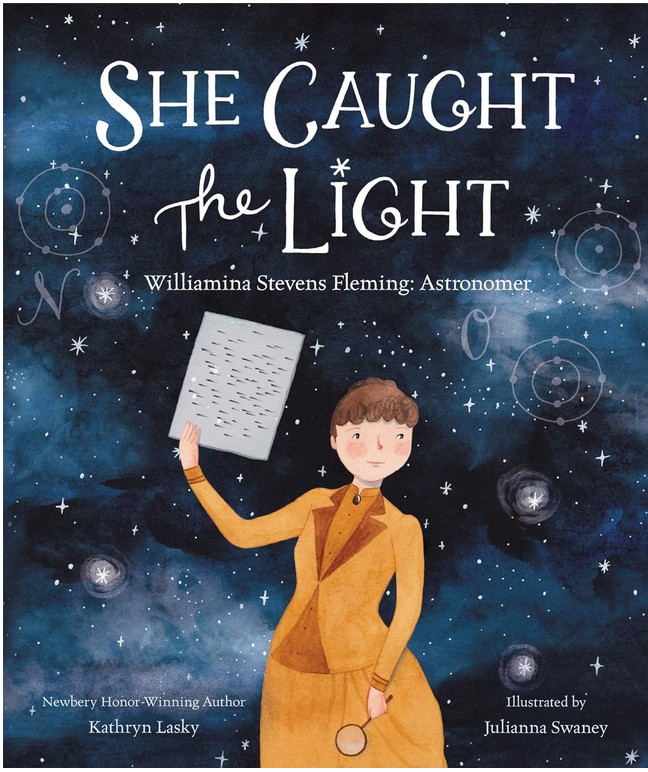After America’s Second Civil War, the Pro-Choice and Pro-Life armies came to an agreement. According to their Bill of Life, human life may not be terminated from the moment of conception until the age of thirteen. But between the ages of thirteen and eighteen, the child may be gotten rid of by their parent through a process called “unwinding.”
By repurposing a teen’s organs and other body parts in living recipients, the unwound child’s life doesn’t technically end. According to society’s leaders, unwinding leads to a healthier and safer community, as troublesome and unwanted teens are used for the greater good.
Connor is a rebel whose unwinding was ordered by his parents. Risa, a ward of the state, has been slated for unwinding due to cost cutting. And Lev, his parents’ tenth child, has been destined for unwinding since birth as a religious tithe. As their paths intersect, they start to fight for their own destinies. But do they stand a chance of escaping their fate or proving their lives are worth saving?
Readers who want a light, entertaining read should avoid the Unwind Dystology. Unwind has plenty of action and suspense that propels the story forward at a fast pace and leaves the reader questioning their beliefs about the value of human life—both before and after birth. Shusterman expertly delves into difficult questions from multiple perspectives by focusing on three completely different characters. After Lev is kidnapped, he chooses to escape his destiny—being unwound. At this time, he begins to question God’s will. Lev’s friend says, “You got it in your heart to run from unwinding, ain’t no one can tell you it’s the wrong thing to do, even if it’s against the law. The good Lord wouldn’t have put it in your heart if it wasn’t right.” In the end, Levi learns that he can still believe in God but not condone human tithing.
On the other hand, Risa grew up in a state institution where she helped care for babies that no one wanted. Since abortion is illegal, many babies are left on people’s doorstep, but this doesn’t guarantee that the child will be loved or cared for. Risa wonders, “Which was worse. . . to have tens of thousands of babies that no one wanted, or silently make them go away before they were even born?” Risa’s experiences force the reader to ponder both the pro-life and the pro-abortion point of view.
Unwind is a thought-provoking story that begins with the question: Should unborn children have a right to live, or should women have a right to choose what happens to their bodies? To put a spotlight on these questions, Shusterman creates a dark world full of violence that is not for the faint of heart. However, readers who aren’t afraid of exploring controversial topics will find that each protagonist—Connor, Risa, and Lev—has a different system and wants to do what is right. The next installments of the Unwind Dystology explore human evil in more detail. Although the series makes readers ask important questions, many readers will not be ready to face the books’ disturbingly dark images. Readers who want a tamer dystopian book have many options, including Matched Trilogy by Ally Condie, The Maze Cutter by James Dashner, and Lunar Chronicles by Marissa Meyer.
Sexual Content
- When Connor’s friend, Ariana, says she will run away with him. He “kisses her.”
- A woman helps Connor, Risa, and a storked newborn hide. Storked are those left on doorsteps. The old woman assumes that Connor and Risa are the baby’s parents. The woman says, “If you really want to stay alive, honey, have him get you pregnant again. They won’t unwind an expectant mother, so that will buy you nine whole months.”
- One boy says that he has two dads, but “I’m not like my dads—my compass points to girls, if you know what I mean.”
- While hiding out in a warehouse, two kids “make out all day long, drawing a cluster of other kids who sit there and watch.”
- Connor kisses Risa. “She did not expect it, and when he breaks off the kiss, she realizes from the look on his face that he hadn’t expected it either. . . she pulls him into another kiss—this one longer than the first.”
- Connor and Risa are sent to a harvest camp to be unwound. While they wait, “They meet in the girls’ bathroom . . . They hold each other in the tight space, making no excuses for it. . . they kiss as if they’ve done it forever.”
Violence
- When Conner discovers he is supposed to be unwound, he runs away. Connor’s father and the police find him hiding in the back of a semi. To escape, Connor runs across a busy highway. “He hears a gun fire. He feels the impact, but not in his skin. The bullet embeds in his backpack.” Connor realizes that they’re firing tranquilizer bullets.
- As Connor is running across the highway, a Cadillac’s “side mirror smacks him painfully in the ribs before the car screeches to a halt, sending the acrid stench of burned rubber up his nostrils.” Connor sees Lev in the Cadillac so he grabs Lev to use as a human shield.
- Connor puts a “choke hold” on Lev and drags him across the road. As they run, “bullets now fly past them.” To escape, “Lev grabs the arm that’s locked around his neck and sinks his teeth in with the full force of his jaws until he tastes blood. The kid screams.” Lev is hit with a tranquilizer bullet and falls to the ground.
- While Connor is running, a bus swerves, and “Risa’s head is slammed against the window as the bus suddenly pulls to the right. . . Risa is thrown forward, down the aisle, as the bus comes to a sudden, jarring stop.”
- After the bus crashes, “the windshield is smashed, and it’s covered in blood. Lots of it. . . It’s the bus driver’s blood. His hands halfway through [the windshield], and he’s not moving.”
- Connor and Risa work together to trick a police officer. Risa pretends to be injured. When the officer goes to help her, “the officer is knocked to the ground, and suddenly there are two figures attacking him—The Unwind and the girl.” Connor uses a tranquilizer gun on the police officer.
- An unwanted baby is put on Connor’s doorstep. His parents did not want to take the child in, so they put it on a neighbor’s doorstep. Eventually, the child is placed back on Connor’s doorstep, but by then, it’s so sick that it dies.
- Roland, a runaway, was sent to be unwound because he “had beaten up his stepfather for beating his mom. The mother took her husband’s side, and the stepfather got off with a warning. Roland, on the other hand, was sent to be unwound.”
- A newspaper article talks about a hospital that was harvesting stem cells. “The council described a general culture of trafficking of children snatched at birth. . . The pictures show organs, including brains, have been stripped—and some bodies dismembered.”
- Roland corners Risa while she’s in the bathroom. “He grabs her hands, pushes her back against the cold green tile wall, and presses his hip against her so that her knee can’t reach its mark.” Rolands implies that he is going to have sex with her whether she wants to or not. Another teen comes in and interrupts. Roland lets Risa go.
- Lev goes to a pawnbroker to sell a stolen bracelet. The pawnbroker opens the safe. “He feels something hard and heavy connecting with his head. His thoughts are instantly scrambled. He loses consciousness before he hits the ground.”
- While hidden in a warehouse, the Unwinds are woken so they can be transferred to another hiding place. The “Fatigues,” adults in charge of watching the Unwinds, have rifles. “A cranky kid pushes a Fatigue for tearing away his blanket. The Fatigue with the gun hits him on the shoulder with his rifle—not enough to seriously wound him, but enough to make it clear to the kids, and everyone else, that they mean business.”
- Lev turns Connor and Risa into the cops. Afterward, Connor “hauls off and punches Lev in the eye. Not hard enough to knock him down, but hard enough to snap his head halfway around and give him a nasty shiner.”
- Someone shows Connor a crate that has five dead kids in it. “There are no signs of blood, no wounds. They could all be asleep except for the fact that [one]’s eyes are open and staring at nothing.” Later, Connor learns that the kids suffocated in the crate.
- Connor entices his enemy, Roland, into an airplane. Connor “leaps forward and firmly plants the muzzle of the Admiral’s gun against Roland’s back. . . Roland makes his move. He spins, knocks Connor back, and grabs for the gun.” Connor pushes Roland into a crate and locks him in. “While Roland rages inside, Connor takes aim at the crate and fires the gun, once, twice, three times.” After making sure Roland can breathe, Connor leaves. Later, Roland is let out, uninjured.
- To hurt the Admiral, a mob of kids attacks the Admiral’s jet. “The first of the kids reaches the top of the stairs and heaves the hatch open, only to be met by Risa, and a brutal punch to the jaw. It sends him tumbling over the side and to the ground . . . The second kid is met by an aerosol burst of Bactine [a pain-relieving spray] right to the eyes. The pain is excruciating. He stumbles backward. . .” The mob destroys everything they can get their hands on. The scene is described over multiple chapters.
- Cleaver, a helicopter pilot, tries to get away from the mob but is unable to. Connor breaks up the kids and finds “the man on the ground is battered and bloody. . . He’s been beaten to a pulp.” Helpless, Connor watches Cleaver die.
- Connor thinks about the Mayan game of pokatok. “The game was a lot like basketball, except that the losers were sacrificed to the Mayan gods.”
- Roland and Connor fight. Roland “begins swinging, and Connor is quick to defend. . . Connor taps into his own wellspring of fury, and he lets loose a brutal offensive of his own. . . [Roland] slams him against the wall his hand pressed against Connor’s windpipe. . . Connor’s struggles become weaker without oxygen to feed his muscles.” Roland thinks about killing Connor and is surprised that he can’t. The scene is described over two pages.
- Roland is unwound and is conscious of the entire procedure. As Roland’s body is taken apart, a nurse says, “You may feel a tugging sensation near your ankles. . . it’s nothing to worry about.”
- An hour and fifteen minutes into the procedure, “surgeons leave, new ones arrive. He looks towards his toes but can’t see them [because they have been removed]. . . A clanging of metal. The lower half of the table is unhooked, and pulled away. . . Now Roland feels discomfort in his gut. Discomfort, a tickling sensation, but no pain. The surgeon lifts things away.”
- The nurse leaves once Roland’s eyes have been removed. Roland sees “not quite darkness, just an absence of light. He hears everything around him but can no longer communicate. . .” The doctors talk about sports as they continue to remove parts of Roland’s brain. After three hours and nineteen minutes, the procedure is complete, and Roland is still alive, but he is confused about what has happened. The procedure is described over six pages.
- In the conclusion, three Unwinds [Lev, Blaine, and Mai] decide to attack the harvest camp where they are being held. Blaine and Mai both go inside the “Chop Shop” where the unwind procedure is performed. A guard sees Blaine and “aims his tranq gun at Blaine’s left thigh, and fires. . . The impact of a tranq bullet is more effective than a detonator. Blaine and the guard are instantly incinerated as the six quarts of liquid explosive coursing through Blaine’s body ignite.”
- During the attack, Connor is injured. “His face is a shredded, bloody mess. He’s lost an eye. His right arm is crushed and mangled. But he’s alive!” Connor is in a coma for several weeks. When he awakes, he has been given an Unwind’s eye and arm. The revolt scene is described over eight pages.
Drugs and Alcohol
- At a party for Lev, champagne is served to the adults. Lev’s brother, Marcus, pretends to be drunk so he can go on a rant.
- A police officer thinks that Unwinds are “often high on illegal substances. . . Nicotine, caffeine, or worse.”
- Lev is hit with a tranquilizer gun. When he wakes up, “his head hurts, he feels like he might puke, and his brain is still only at half power.”
- An adult who helps hide Unwinds talks to Connor when “the Admiral adds some whiskey from a flask to his own coffee.” After the Admiral’s son was unwound, he “left the military, spent several years more drunk than I am now.” Then he sobered up and began helping the Unwinds.
- A boy who has asthma takes Xolair.
- Roland steals a bottle of ipecac from the infirmary. “He was planning to use the stuff to spike the drinks and create a puke-fest.” His plan is never carried out.
Language
- Profanity is used seldom. Profanity includes hell, damn, crap, and ass.
- My God and for God’s sake are used several times as an exclamation.
Supernatural
- When a person is given a body part from an unwound person, the body part remembers what the person learned. For example, one man received a new hand, and the hand still knew how to perform magic.
- One boy, Cyrus, was injured and received half of a boy’s brain. Now, the boy is in Cyrus’s head. “This boy in the corner of his head doesn’t talk to him in words. He feels. He emotes. He doesn’t understand that he’s only a part of another kid. . . Now he keeps looking for things in Cyrus’s head that just aren’t there. . . And so the kid hurls out anger. Terror. Grief. Waves pounding the wall, and beneath it all, there’s a current tugging Cy forward.”
Spiritual Content
- Lev is a tithe, “a child of a religious family who is born and raised to be unwound, as an act of charity.”
- Lev’s parents are Christians who “have always given 10 percent of everything to the church.” This includes giving Lev as a tithe, who will be unwound. Lev’s parent told him, “Your life will be to serve God and mankind.” Because he is a tithe, Lev has “always felt closer to God than to his friends, or even his family.”
- Lev’s family believes “everyone’s equal in God’s eyes.”
- Lev is jealous of his siblings, who are not unwound. Lev’s pastor tells him that God asks for the best fruits, not the first fruits. Lev thinks, “Giving of one’s self is the ultimate blessing.”
- After Lev is kidnapped, he still wants to be unwound, “as it was ordained to be. . . Being torn from his purpose was the most unnerving thing that had ever happened to Lev, but now he understands why God let it happen. It’s a lesson. It’s to show Lev what happens to children who shrink their destiny: they become lost in every possible way.”
- When Lev talks about being tithed, he says, “Tithing’s in the Bible; you’re supposed to give 10 percent of everything. And Storking is in the Bible, too.” Storked is when babies are left on doorsteps. “The homeowner is obligated to keep and raise the child.”
- When talking about storked babies, Lev uses Moses as an example. “Moses was put in a basket in the Nile and was found by Pharaoh’s daughter. He was the first storked baby, and looked what happened to him!”
- Unwanted babies are raised in a state institution or storked. Connor wonders, “If a baby was going to be so unloved, why would God want it brought into the world?”
- After Lev runs, he says his parents “loved God more than they loved me, and I hate them for it. So I guess that means I’m going to hell.”
- Connor and some of the other Unwinds discuss when a soul is put into an unborn child. One Unwind says a girl believed that “if someone actually gets unwound, then they never had a soul to begin with. She said God must know who’s going to be unwound, and he doesn’t give them souls.” The conversation lasts for three pages.
- Lev is part of the group that plans to destroy the harvest camp. Before he can set off his detonator, he thinks: “God, dear God, what am I doing? What have I done? How did I get here?” Lev is unable to set off the detonator and helps rescue people instead.
- While Lev is in a cell, Pastor Dan visits. The pastor “resigned my position. I left the church. . . I still very much believe in God—just not a god who condones human tithing.”
